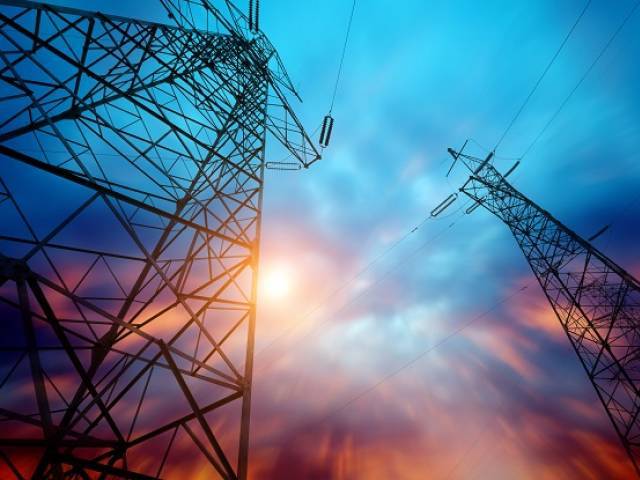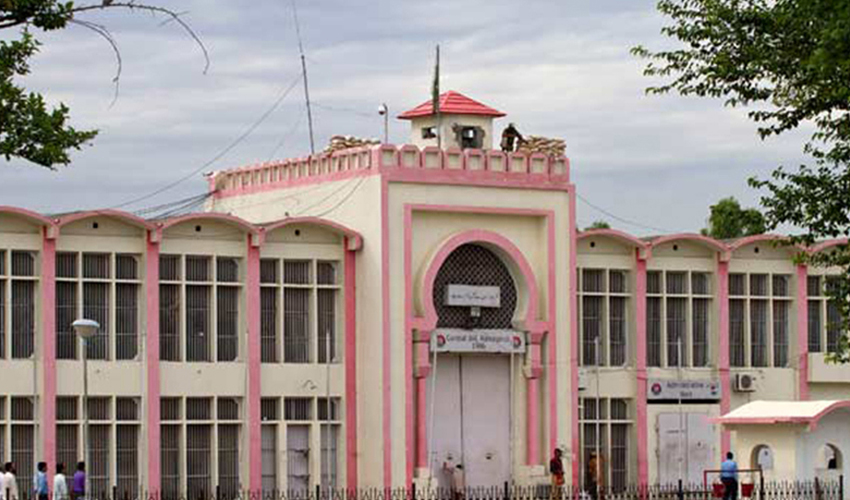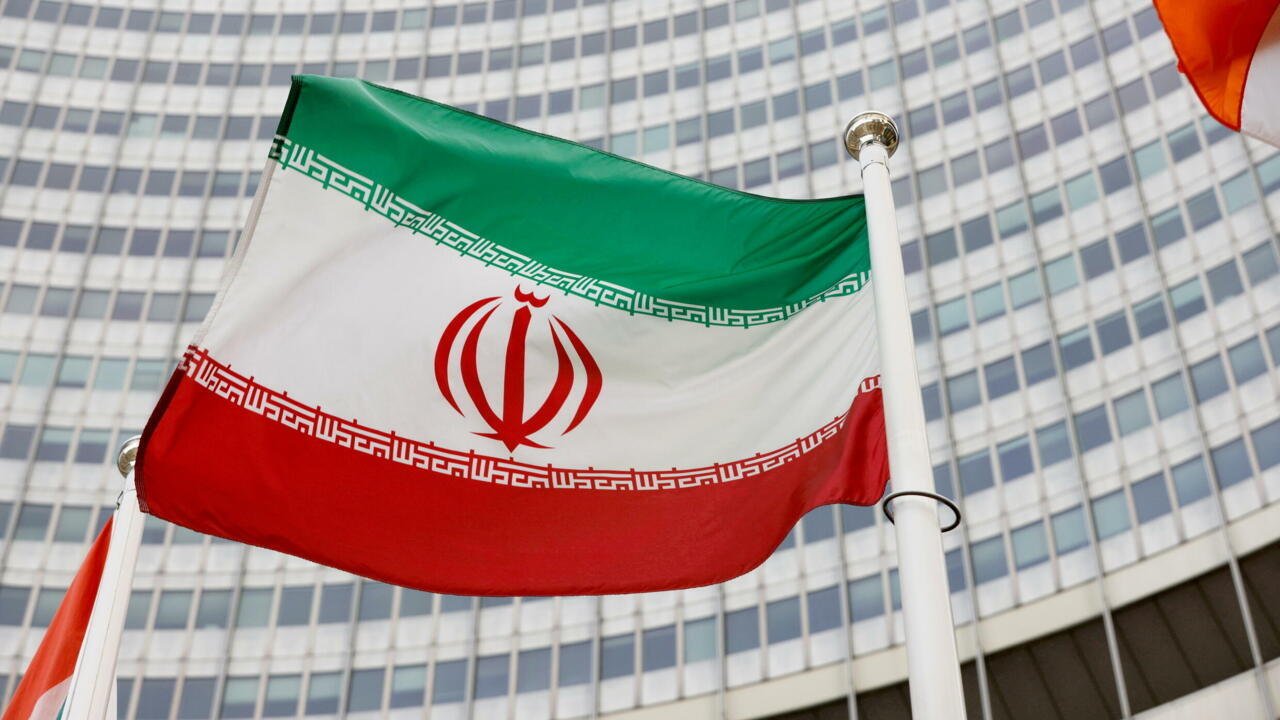Ali Amin Ansari
The ongoing debate surrounding K-Electric’s PKR 68 billion claim for write-offs exposes a significant disconnect between the priorities of various stakeholders and the complex realities of managing a power utility in Pakistan. Rather than focusing on the legitimacy of the claim itself, much of the discussion has veered off course, with attention shifting to peripheral issues that are outside the scope of the matter at hand. This diversion highlights a troubling failure to address the key aspects of the issue and reflects a deeper problem in how utility regulation is understood and debated in Pakistan.
During a recent public hearing on the claim, much of the conversation failed to engage with the core issue—whether the write-offs were legitimate according to regulatory standards. Instead, debates centered on the accounting methods used, straying far from the underlying question of whether these costs were necessary for the operational viability of K-Electric and the sustainability of the power sector as a whole. This focus on accounting treatments, while important in its own right, detracted from the essential principle-based decision-making that should govern such hearings, shifting attention away from the broader, long-term consequences of denying such a claim.
At the heart of this matter is the critical distinction between the validity of the claim and the potential consequences of honoring it. The write-offs in question relate to bad debts from chronic defaulters—individuals and businesses who have disconnected their connections, removed meters, and, in many cases, become entangled in legal disputes. These debts are not just abstract numbers; they represent the tangible costs that K-Electric incurs as part of its operations. The claims, which have been verified by both internal and external auditors, are in line with regulatory requirements. They are a reflection of real losses that the utility has no practical means of recovering.
However, the discourse around the claim has frequently strayed into discussions of its potential fallout—how it might affect consumers or public perception—rather than focusing on the core question of whether the debts themselves are valid. These debates, while important in their own right, obscure the fact that the principle of honoring these claims stands independent of their consequences. The debate should be about whether the write-offs are legitimate business costs that K-Electric has incurred in accordance with established regulations, not whether they might lead to public unrest or harm the utility’s reputation.
Among the voices that have attempted to bring the discussion back to the core issue is former Prime Minister Shahid Khaqan Abbasi. As the head of the Prime Minister’s Task Force Committee that reviewed the matter in depth, Abbasi emphasized that the claims are not only legitimate but are necessary to ensure the financial health of the utility sector. He called for a decision-making process that prioritizes regulatory principles and factual analysis over emotional responses or politically motivated narratives. His perspective offers a constructive approach to resolving the matter, one that focuses on the long-term sustainability of the sector rather than short-term political or populist gains.
It is important to recognize that bad debts are an inherent risk for utilities around the world, a risk that is factored into regulatory frameworks to ensure that companies can continue operating sustainably. In many countries, utilities are allowed to recover these costs through mechanisms such as tariffs or write-offs, which help maintain their financial stability. In contrast, Pakistan’s utilities, particularly private ones like K-Electric, are expected to absorb these losses without such allowances or safeguards. This discrepancy places private utilities in a particularly precarious position, as they bear the full brunt of financial risks that are often deferred or absorbed by state-owned companies, which can shift their losses into the larger problem of circular debt.
This imbalance is especially pronounced in Karachi, where the challenges of electricity recovery are even more severe. With around 900 slums spread across the city, achieving a 100% recovery rate is simply unrealistic. The operational challenges of recovering dues in these areas are compounded by public protests, threats to field staff, and other logistical hurdles. These issues add layers of complexity for K-Electric, which, as a private utility, does not have the option to push its losses into circular debt the way state-owned utilities can. Instead, these losses directly affect its financial performance, with the company already reporting a PKR 31 billion loss for the fiscal year 2023.
The consequences of denying K-Electric’s PKR 68 billion write-off claim are not just theoretical—they could push the company further into financial instability. The denial would exacerbate the financial pressure on the utility, potentially compromising its ability to deliver reliable electricity to Karachi. As the economic and commercial heart of Pakistan, Karachi’s stability is intrinsically linked to its power supply, and any disruption in that supply would have ripple effects throughout the country’s economy. The risks of further destabilizing K-Electric are not limited to the company itself; they extend to the broader power sector and the national economy.
The current public discourse surrounding K-Electric’s write-off claim is a reflection of misplaced priorities. Rather than engaging with the core issues—whether the claims are legitimate business costs that K-Electric is entitled to write off—the debate has become mired in distractions. Politicians and commentators have focused too much on the potential consequences of these claims, such as their impact on consumers or public perception, without adequately addressing the need for a sound regulatory framework that can support the financial viability of the utility sector. This failure to separate the validity of the claims from their potential consequences undermines the long-term sustainability of the power sector in Pakistan.
If the claim is denied, the broader implications for the sector could be severe. Denying K-Electric the ability to recover these losses would not only harm the utility but also undermine the broader power sector. It would discourage future investment in the sector, as potential investors would see the risks of operating in Pakistan as too high. Furthermore, it would perpetuate the cycle of financial and operational strain that already plagues the sector, particularly in private utilities.
Ultimately, decisions surrounding K-Electric’s write-off claim should be based on principles, not on expedient political narratives or misguided sentiment. The utility’s financial health and the stability of Karachi’s power supply are at stake, and it is essential that the decision-making process be guided by facts and regulatory principles. It is time for stakeholders to recalibrate their priorities and focus on long-term solutions that will promote sustainable growth and resilience in the power sector. Failing to do so will only perpetuate the challenges facing Pakistan’s energy sector and undermine its prospects for economic development.
















